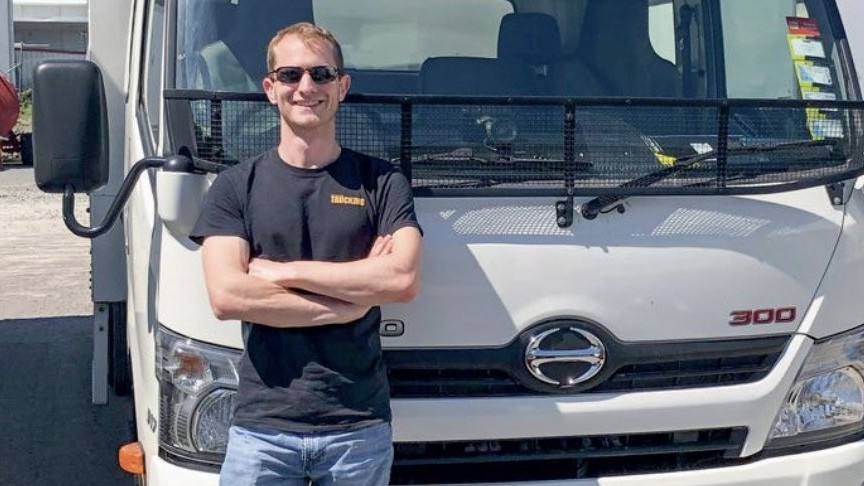
What a newsy week it’s been. One official week in, and PM Christopher Luxon has wasted no time putting his 100-day plan into action. National has identified four priorities within which several actions will directly and indirectly affect the road transport industry, which we report on here. In the coming months, there will be much to discuss on the local political and industry fronts.
Today, though, I’d like to shift attention across the ditch to another news story that broke this week when one of the Janus Electric-converted Kenworths caught fire and burnt out on a Melbourne freeway. Unfortunately for Janus, this is the second of its vehicles to have succumbed to fire; its original conversion prototype, the T403 Kenworth, was destroyed by a battery fire at the company’s headquarters in July 2022.
Details following this week’s event have been scarce. We haven’t heard anything about the driver, who I trust got out of the vehicle and away unharmed. However, as is the way in the 2020s, videos of the blazing truck have been circulated far and wide, accompanied by comments dripping in sarcasm about ‘vehicles of the future’ – all to Janus’ frustration, I’m sure.
As I see it, there are numerous factors to consider. First, we don’t know what happened with the Janus truck, so it’s only fair, keyboard warriors, to hold the finger-pointing and ridicule until any investigations have been done.
Second, the industry is in an interesting space and time. These ‘new-fangled’ electric trucks are arriving and fighting for acceptance, and any issue – like a fire – will immediately draw criticism. Does this week’s event mean all EVs must be tarred with the ‘evil and dangerous’ brush? Definitely not. Tesla’s journey over the past decade hasn’t exactly been the smoothest, but that hasn’t stopped it from leading the electric car market today. Of course, Tesla has fairly substantial resources at its disposal, and trucks are a different animal – as Elon has found out. Most traditional truck OEMs, though, are decades deep in research and development of their EV offerings and, with the likes of eCanter having proved the concept, heavy electric trucks are now entering the zeitgeist.
Volvo was the first to market with its FH Electric, Scania has just launched its 45R, MAN’s eTruck is due next year, and Daimler began selling its electric Mercedes-Benz and Freightliner models. Moreso, in an unprecedented move, the International Truck of the Year jury bestowed the FH Electric the 2024 IToY title just last week.
Third, vehicle fires are a terrifying event and they happen regularly enough due to sheer numbers. But after a century of motoring and hundreds of millions of vehicles on the road, responders know how to deal with a ‘conventional’ vehicle fire. But, many complications are posed by electric vehicle fires. The chemical nature of their batteries means there is little firefighters can do with current techniques other than their best to keep the fire under control as it burns itself out.
This is unquestionably a challenge for emergency services worldwide, as well as OEMs. While the number of vehicles that burn out in their lifetime is a fraction of those produced, there’s little point pushing the environmentally friendly agenda if their destruction – by whatever means – just means the emissions can is being kicked down the road. Batteries that require fewer harmful rare-earth metals are said to be in development, and they can’t arrive soon enough (not that it means threats like thermal runaway will cease). Until then, we have the technology we have.
Finally, regulators will not let up on the noose around fossil fuels. As we’ve said in the past, the switch will not come overnight, but it is coming. And as that happens, averting catastrophic events is critical for an industry already struggling to maintain a positive image in the public eye.
Take care out there,
Gavin Myers
Editor
Read more
It’s Wanaka weekend!
0 Comments2 Minutes
Passing on passing
0 Comments6 Minutes



